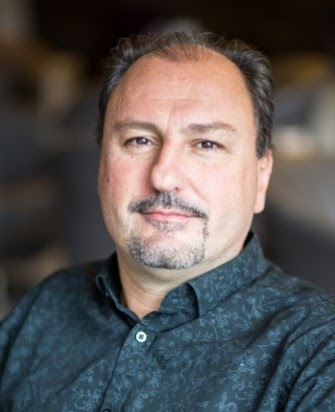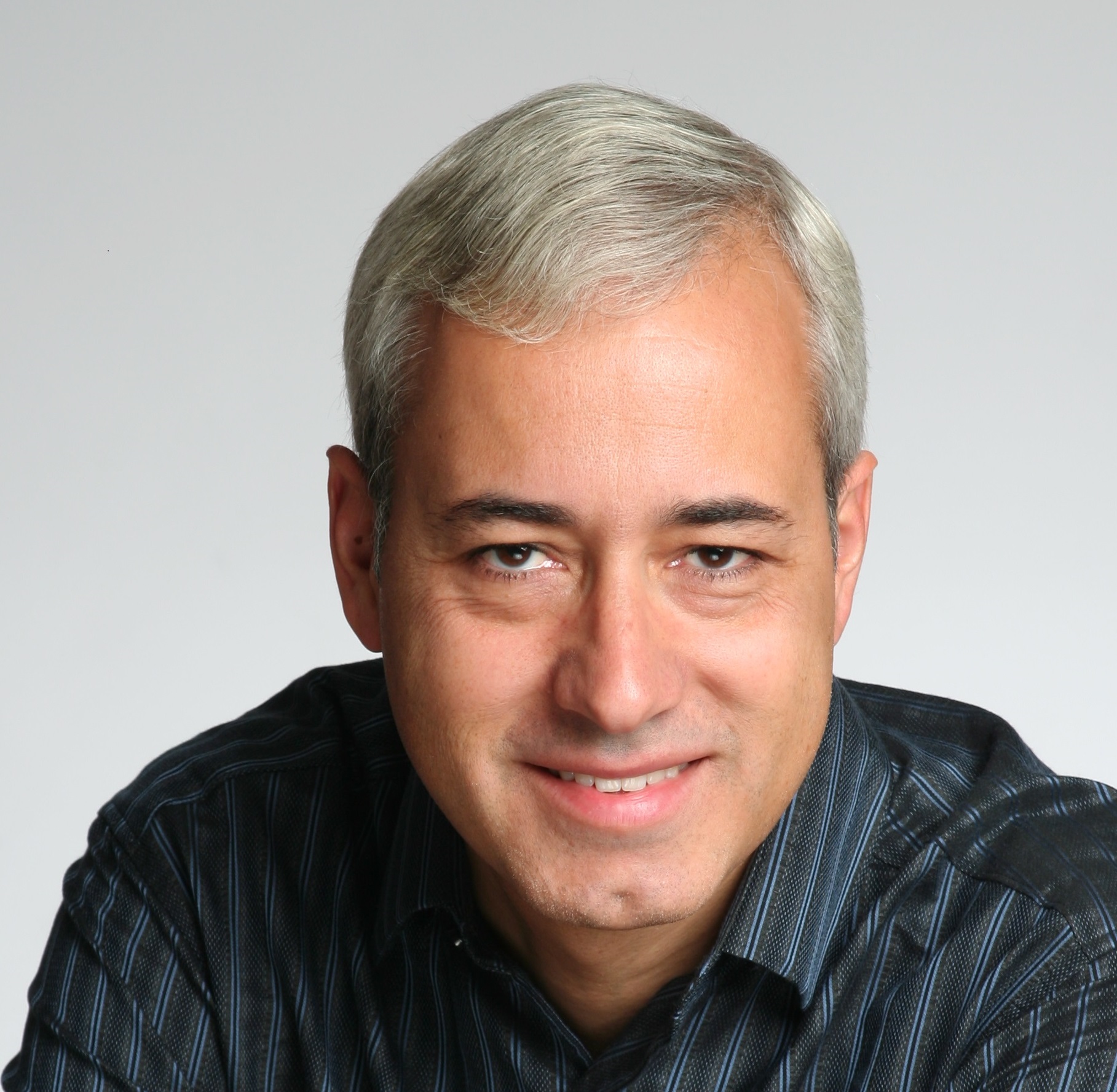KeynotesRequirements Engineering 2021
Keynote Speakers
Lionel Briand

Title: Signal-based requirements for Cyber-Physical Systems: Specification and Run-time Verification
Abstract: The behavior of a cyber-physical system (CPS) is usually defined in terms of the input and output signals processed by sensors and actuators. Requirements specifications of CPSs are typically expressed using signal-based temporal properties. Expressing and verifying the compliance of such requirements is challenging in practice. In this talk I will report on the solutions that were developed at the SnT Centre of the University of Luxembourg and draw lessons learned from our experience in the satellite industry.
Bio: Lionel Briand is professor of software engineering and has shared appointments between (1) The School of Electrical Engineering and Computer Science, University of Ottawa, Canada and (2) The SnT centre for Security, Reliability, and Trust, University of Luxembourg. He is the head of the SVV department at the SnT Centre and a Canada Research Chair in Intelligent Software Dependability and Compliance (Tier 1). He holds an ERC Advanced Grant, the most prestigious European individual research award, and has conducted applied research in collaboration with industry for more than 25 years, including projects in the automotive, aerospace, manufacturing, financial, and energy domains. In 2010, he was elevated to the grade of IEEE fellow for his work on testing of object-oriented systems. He was also granted the IEEE Computer Society Harlan Mills award (2012) and the IEEE Reliability Society Engineer-of-the-year award (2013) for his work on model-based verification and testing. His research interests include: Model-driven development, testing and verification, search-based software engineering, requirements engineering, and empirical software engineering. Additional information can be found at: https://www.lbriand.info/home
Amy Ko

Title: Requirements of Oppression
Abstract:
Since the first major software engineering projects in the 1960’s, academia and industry have long viewed software requirements in technical, contractual, and abstract terms. In many contexts, this view has served us well: it got us to the moon, it gave us robust operating systems and programming languages, and after more than 50 years of developer effort, we have thriving ecosystems of carefully engineered software that powers the world. And yet, software still fails to meet the needs of people at the margins of society on every aspect of class, wealth, sex, gender, race, ethnicity, ability, and citizenship. While software engineering has made strides in the past decade to recognize the human, social, and organizational, and ethical dimensions of requirements, even our most recent views on this marginalization frame requirements engineering through the narrow lens of ethics, policy, and law. In this talk, I challenge these framings of requirements, examining ways in which defining requirements through any lens other than one of justice can lead to marginalization, injustice, and oppression. I share the evolution of my own perspectives on requirements and oppression, then offer three case studies of how requirements come to be oppressive. I end by proposing an alternative lens that frames requirements engineering as an act of cultural production, one demanding a more critical and activist stance.
Bio: Amy J. Ko is a Professor at the University of Washington Information School and an Adjunct Professor at the Paul G. Allen School of Computer Science and Engineering. She directs the Code & Cognition Lab, where she and her students study CS education, human-computer interaction, and humanity's individual and collective struggle to understand computing and harness it for equity and justice. Her earliest work included techniques for automatically answering questions about program behavior to support debugging, program understanding, and reuse. Her later work studied interactions between developers and users, and techniques for web scale aggregation of user intent through help systems; she co-founded AnswerDash to commercialize these ideas. Her latest work investigates effective, equitable, and inclusive ways for humanity to learn computing, especially how data, algorithms, APIs, and AI can both empower and oppress. Her work spans more than 130 peer-reviewed publications, with 12 receiving best paper awards and 4 receiving most influential paper awards. She is an ACM Senior Member, and member of ACM SIGCHI, SIGCSE, and SIGSOFT. She received her Ph.D. at the Human-Computer Interaction Institute at Carnegie Mellon University in 2008, and degrees in Computer Science and Psychology with Honors from Oregon State University in 2002.
Additional information can be found at:
http://faculty.washington.edu/ajko
Pedro Domingos

Title: Unifying Logical and Statistical AI with Markov Logic
Abstract: Intelligent systems must be able to handle the complexity
and uncertainty of the real world. Markov logic enables this by
unifying first-order logic and probabilistic graphical models into a
single representation. Many deep architectures are instances of Markov
logic. An extensive suite of learning and inference algorithms for
Markov logic has been developed, along with open source
implementations like Alchemy. Markov logic has been applied to natural
language understanding, information extraction and integration,
robotics, social network analysis, computational biology, and many
other areas.
Bio: Pedro Domingos is a professor of computer science at the University of Washington and the author of "The Master Algorithm". He is a winner of the SIGKDD Innovation Award and the IJCAI John McCarthy Award, two of the highest honors in data science and AI, and a Fellow of the AAAS and AAAI. His research spans a wide variety of topics in machine learning, artificial intelligence, and data science. He helped start the fields of statistical relational AI, data stream mining, adversarial learning, machine learning for information integration, and influence maximization in social networks. Additional information can be found at: https://homes.cs.washington.edu/~pedrod
Wed 22 SepDisplayed time zone: Eastern Time (US & Canada) change
10:30 - 10:40 | |||
10:30 10mCoffee break | Break Catering | ||
10:40 - 11:50 | Keynote: Amy J. KoKeynotes at Stadium Chair(s): Ana Moreira NOVA University of Lisbon and NOVA LINCS | ||
10:40 70mKeynote | Requirements of Oppression Keynotes Amy Ko University of Washington | ||
11:50 - 12:00 | |||
11:50 10mCoffee break | Break Catering | ||
Thu 23 SepDisplayed time zone: Eastern Time (US & Canada) change
10:30 - 10:40 | |||
10:40 - 11:50 | |||
10:40 70mKeynote | Signal-based requirements for Cyber-Physical Systems: Specification and Run-time Verification Keynotes Lionel Briand University of Luxembourg; University of Ottawa | ||
11:50 - 12:00 | |||
Fri 24 SepDisplayed time zone: Eastern Time (US & Canada) change
10:30 - 10:40 | |||
10:40 - 11:50 | Keynote: Pedro DomingosKeynotes at Stadium Chair(s): Kurt Schneider Leibniz Universität Hannover, Software Engineering Group | ||
10:40 70mKeynote | Keynote: Unifying Logical and Statistical AI with Markov Logic Keynotes | ||
11:50 - 12:00 | |||